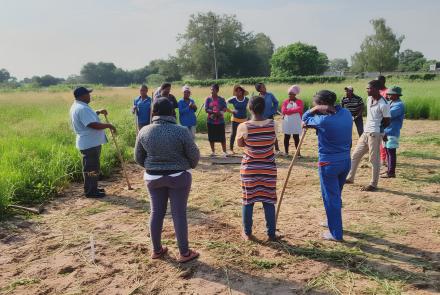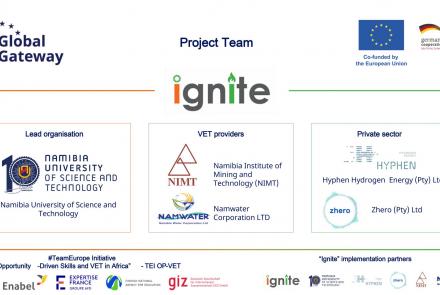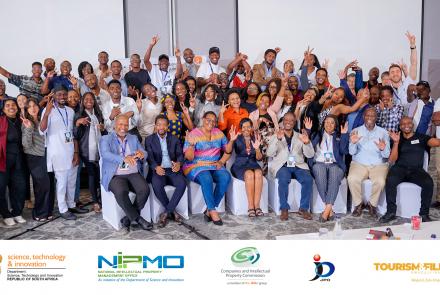NUST and MUT Strengthen Ties for Academic Excellence
Following the signing of a Memorandum of Understanding (MoU) in August 2024, NUST hosted a delegation from Mangosuthu University of Technology (MUT) to discuss potential collaborations in education, research, and programme development. The visit aimed to turn the MoU into actionable outcomes, focusing on areas that align with both institutions’ strategic goals.
A key highlight of the discussions was MUT’s plan to establish its own business school, drawing inspiration from NUST’s Harold Pupkewitz Graduate School of Business (HP-GSB). “The HP-GSB’s self-sustaining model provides a solid benchmark for you to draw inspiration from,” noted Prof Efigenia Semente, Executive Dean of NUST’s Faculty of Commerce, Human Sciences and Education. MUT’s Vice-Chancellor, Prof Nokuthula Sibiya added that seed funding has already been pledged for the school and that plans are underway for a feasibility study to support this initiative.
Postgraduate education was another focal point, with both universities agreeing to collaborate on Master’s and Doctoral programmes. This includes curriculum development, co-supervision, and support to enhance academic quality. Undergraduate programmes also featured prominently, with proposed new offerings in health sciences, entrepreneurship, business, management sciences, hospitality, and tourism. “Your institution's experience and success in this area would greatly benefit us as we aim to enhance our academic offerings and better serve our student community,” Prof Sibiya said.
In the area of research, NUST and MUT identified several shared focus areas that present opportunities for meaningful collaboration. These include Energy and Environment, with an emphasis on clean water and renewable energy; Health and Food Security, focusing on traditional medicine, agriculture, and public health; and Human and Social Development, particularly addressing challenges related to informal settlements. Both institutions plan to co-host conferences, organise research seminars and roundtable discussions, and establish research exchange programmes that will foster knowledge sharing and joint innovation.





